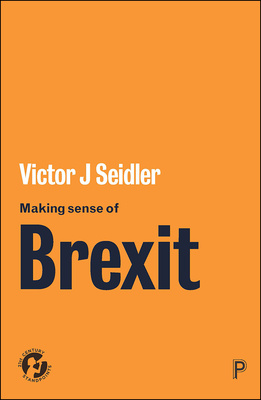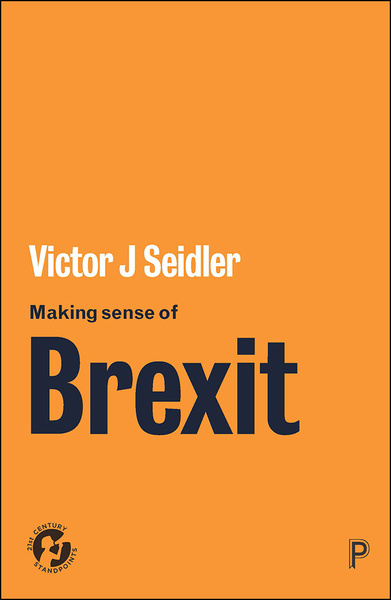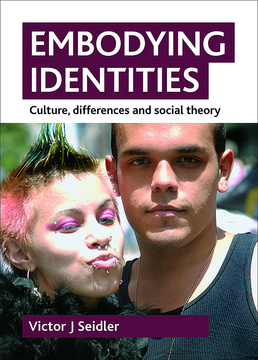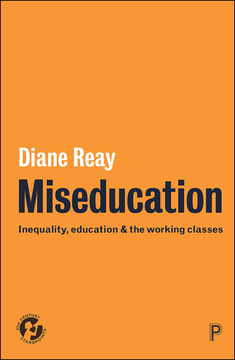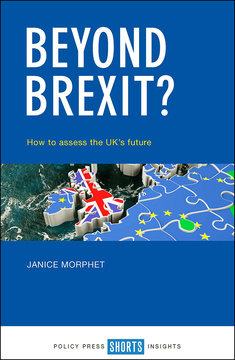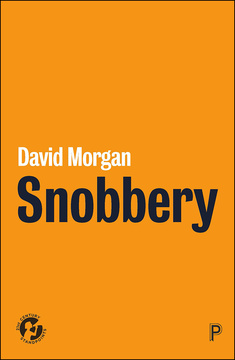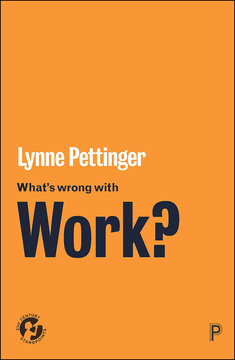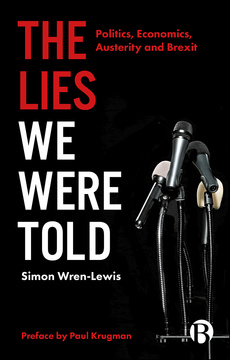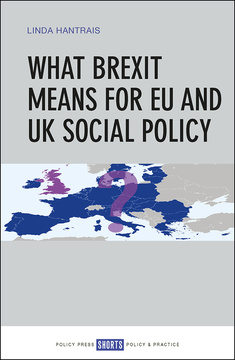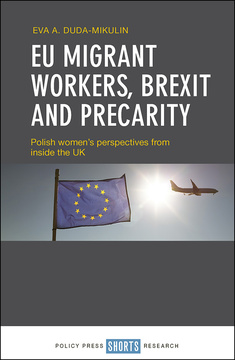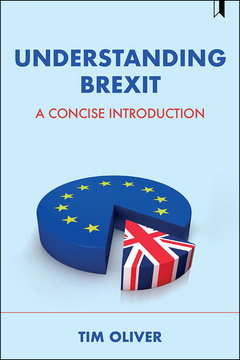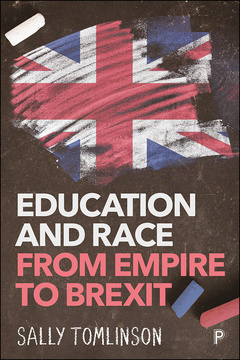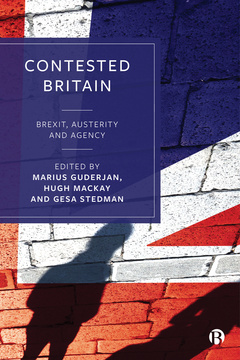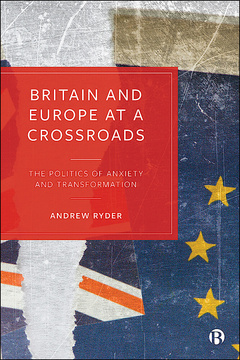ISBN
978-1447345206Dimensions
216 x 138 mmImprint
Policy PressISBN
978-1447345220Imprint
Policy PressISBN
978-1447345237Imprint
Policy PressIn the media
On our podcast: 'Making Sense of Brexit'
'Humiliation' on BBC Radio 4
'Voting Brexit Was A ‘Scream Of Protest’ Against The Rich's Hijacking Of Democracy' in Huffington Post
'Brexit vote was a ‘scream of protest’ against the hijacking of democracy by the rich, says book' in BSA News
After the shock decision to leave the EU in 2016, what can we learn about our divided and increasingly unequal society and the need to listen to each other? This engaging and accessible book addresses the causes and implications of Brexit, exploring this moral anger against political elites and people feeling estranged from a political process and economic system that no longer expressed their will.
Seidler argues that we need new political imaginations across class, race, religion, gender and sexuality to engage in issues about the scale and acceleration of urban change and the time people need to adjust to new realities.
He suggests we need to listen to people's concerns not only about the impact of immigration and globalisation on their lives but also about the injustice of a capitalist economy that makes them pay through austerity and cuts in social welfare for a financial crisis they were not responsible for. He imagines alternative futures that will allow different generations to still appreciate themselves as Europeans with a future in Europe.
"What hope for us now Brexit has brutally exposed the chasm between us in class, generation and region? Victor Seidler shows the price we paid for inequality - and how to repair the damage." Polly Toynbee, The Guardian
"Acts as an antidote to the twin dangers of nationalism and isolation. It has both the generosity and passion we will require to navigate the crosscurrents of Brexit. Above all it speaks to the need for a renewed, democratic sense of justice; one that can include, unite and inspire. Seidler speaks of the thing that we need most - hope." Jon Cruddas, MP
“In Making Sense of Brexit Seidler persistently urges us to suspend our assumptions and genuinely attend to the diversity of voices of anger and hope responding to neoliberal capitalism’s injustices. Seidler cogently highlights the potential of a politics of voice, and crucially, the urgency of the ethical project of listening." Shani Orgad, London School of Economics and Political Science
"Seidler has done a terrific job at surveying the process and impact of Brexit. He has mined some of the best journalism from the time and then applied his own uniquely prescient analysis of the social and emotional forces that have been unleashed." Andrew Bethell
"Vic Seidler offers insight into a wide range of issues from gender to immigration, class to the emotional side of politics. His book will remain valuable for years to come as the country struggles to understand just what is happening." Craig Calhoun, Berggruen Institute
"Seidler’s book offers us an entirely new way of understanding the Brexit vote that goes beyond conventional explanations based on class, generation or party." Manali Desai, University of Cambridge
"A wonderful litmus reading of a society and economy whose acid foundations, built on the wealth of the few, are dissolving civic society. A thoughtful and thought-provoking reflection on the complex divides across identity, gender, geography and class." Rowland Atkinson, University of Sheffield.
Victor Jeleniewski Seidler is Emeritus Professor in the Department of Sociology, at Goldsmiths University of London. His research interests include social theory and philosophy; Marxism and critical theory; moral theory; masculinity and sexual politics, and he has written on social theory, ethics and gender, particularly in relation to men and masculinities. In recent years his writing and research have focused on the cultural memory of particular events, including 9/11 and 7/7, and the ways they might challenge traditional social and cultural languages.
Introduction: Making Sense of Brexit: Democracy, Europe and Uncertain Futures;
1. Brexit: Shock, Memories and Displacements;
2. Class, Austerity, Injustice and Resentment;
3. Masculinities, Class and Generations;
4. Migration, Hate Speech, Violence and Democracy;
5. Immigrations, Racisms and Fear of the Other;
6. Globalisation, Inequalities and Neoliberalism;
7. Uncertain Conclusions and Alternative Futures.







